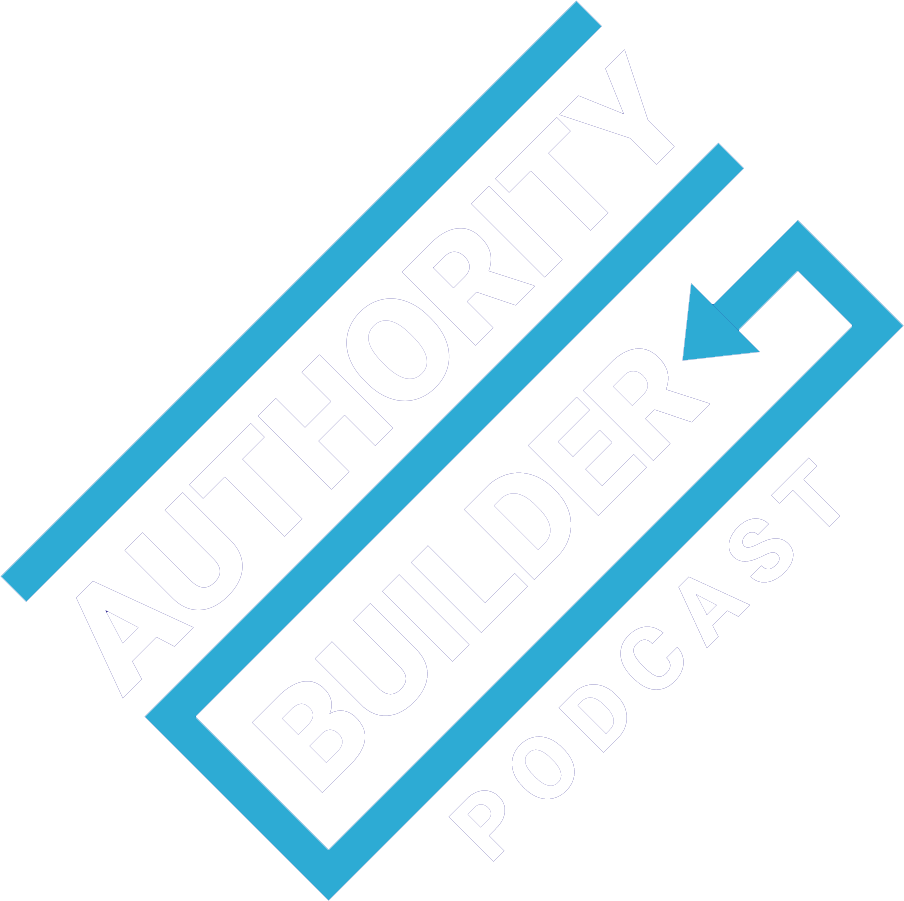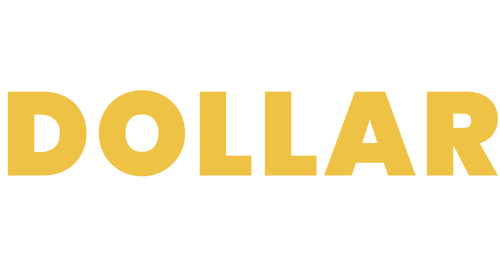Kim Butler, co-founder of the Economics Prosperity Movement, is passionate about helping people keep their finances as efficient as possible and spot opportunities to grow their wealth.
Often that means taking an unorthodox approach to investing and financial planning…and going against what mainstream financial advisors will tell you to do with your money.
So if you take your money out of the stock market and your 401(k), where should you put it?
Kim shares strategies using little-known investment vehicles, as well as unconventional ways to use traditional investments for better returns.
Tune in to find out…
- Why you shouldn’t pre-pay your mortgage
- The morning ritual that will put your whole day on track
- A little-known danger in your kids’ school
- The biggest but easily avoidable risk in alternative investments
- And more
Episode Timeline:
00:11 Today Steve speaks Kim Butler, the co-founder of the Dynamic Prosperity Economics Movement.
01:31 Kim started off in business in the 4th grade when she sold milk from her own cow.
03:33 Kim talks about how she deals with a male dominated sector.
04:45 Kim talks about how her mindset is the inspiration that she turns to overcome obstacles.
07:12 Steve talks about the difficulty of getting past doubt.
08:49 Kim goes through her daily schedule and explains how she finds inspiration in the middle of the day.
13:30 Kim tells us exactly what Dynamic Property Economics is and how it turns standard financial planning on its head.
16:13 Kim talks about her 7 principles and her opinions on 30 year mortgages.
20:06 Kim and Steve talks about building liquidity though life insurance.
21:27 Kim talks about income, growth and alternative investments.
29:35 ”Become your own bank.”
29:41 Kim tells us how best to get in contact with her.
Mentioned in this Episode:
- Think And Grow Rich
- Prosperity Thinkers


